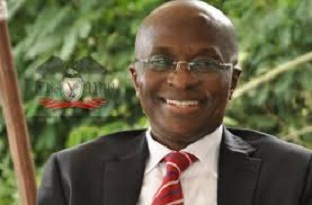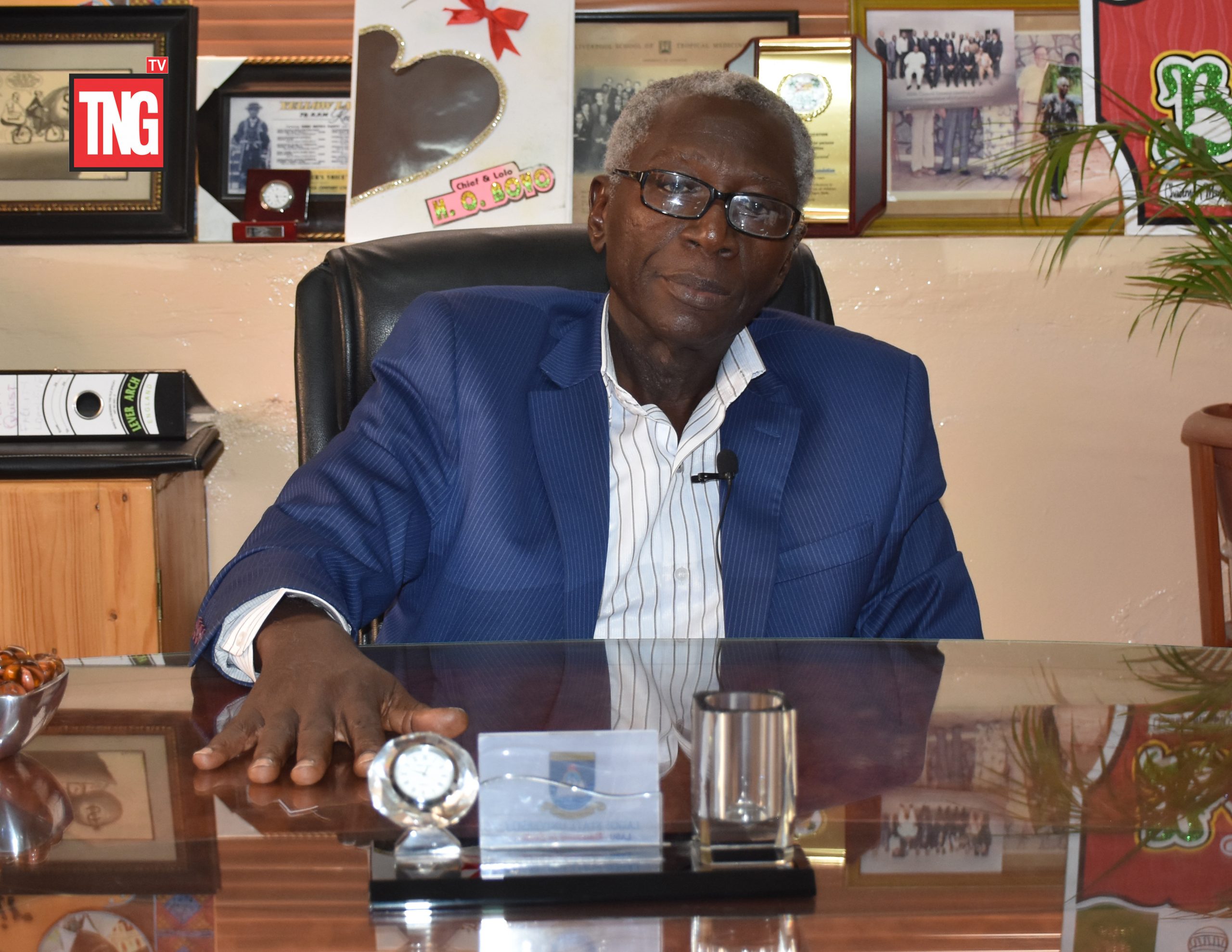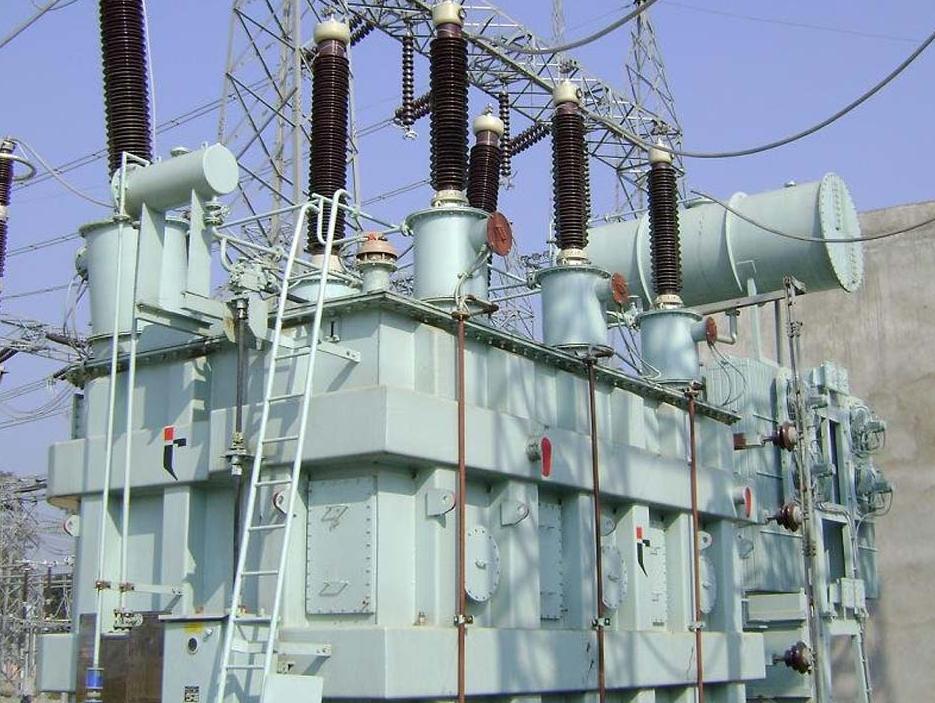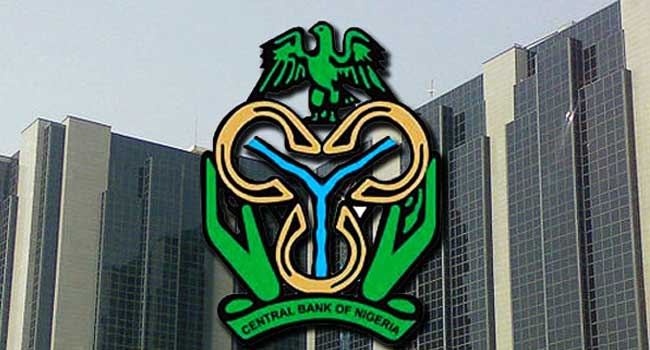By Henry Boyo
The acute scarcity of petrol, nationwide, may have receded significantly, but issues relating to steady supply, appropriate pricing and fuel subsidy, obviously still remain very contentious. Government and NNPC have invariably blamed private marketers for the fuel shortage, while marketers have conversely, demanded the immediate payment of over N720bn that NNPC owes them as refund of subsidies on their fuel imports.
The debt may also include government’s compensation to marketers for trucking fuel, from the ports, to all nooks and crannies, so that fuel will sell at government’s regulated price of N145/litre nationwide. The significant degree of fraud inherent in this arrangement has become a regular menu for professional rent seekers; for example, petrol cargoes officially registered for delivery in faraway Kaura Namoda, could still be sold ex-depot in Lagos, while fake waybills will be presented, processed and approved for payment by NNPC. Consequently, the government’s equalisation strategy for uniform fuel price nationwide compounds the hundreds of billions of Naira lost to the subsidy fraud; inexplicably, however, equally critical agricultural produce, do not enjoy such subsidy to ensure that yam, for example, sells cheaper, at a uniform price nationwide.
Arguably, the ‘beneficiary cabal’ of this scam will aggressively oppose any attempt to abolish the petrol bridging fund, and this may explain government’s seeming lack of enthusiasm and foot-dragging to build an efficient rail delivery system which would facilitate cheaper fuel transportation and will certainly also, do less damage to our already poor road network. Evidently, deregulation is bad business for treasury looters.
Nonetheless, with abstention of marketers from fuel imports, NNPC’s forced import of all of Nigeria’s motor spirit requirements, according to Ibe Kachikwu, regrettably induces a “daily loss of between N800m-N900m” to the Corporation.
However, last week, Wednesday, Jan 17 2017, the Senate rejected a report on fuel import values and subsidy presented by the Committee for Petroleum Resources, led by Senator Marafa, APC-Zamfara Central. Senate President, Bukola Saraki noted with apparent concern in his address, that “if we are consuming 27 million litres of petrol daily, while the NNPC brings in 40 million litres,” according to the report, “what about the difference?” “It is criminal!”
Indeed, Marafa’s Committee was mandated to investigate the allegation that “a surplus of 5.9 billion litres of petrol (i.e. about N900m daily) could not be accounted for in 2017.”
Notably, however, Senator Marafa had reportedly, inexplicably, deliberately barred the Minister of State, and other NNPC Directors from answering any question on the allegation of illegal subsidy payments during his Committee’s formal hearing.
Consequently, Senator Nafada Bayero, APC-Gombe State, ironically observed that “this looks like a report of the NNPC” …. according to Bayero “it looks like a report that was imported into the Senate,” and the Senator therefore advised that “the Senate’s Petroleum Resources Committee should go back and bring its own report.”
Ultimately, based on the general condemnation of Marafa’s report, the Senate President re-assigned the investigation to the Senate Committee on Public Accounts, to probe subsidies paid, without the Legislators’ endorsement.
However, despite the seemingly patriotic grand standing and braggadocio, of the Senators, sadly the cultist loyalty of espirit de corp, may ultimately prevail and these matters of urgent public importance, and accountability could fade away, as usual, without consequences.
Unfortunately, the problems of subsidy, scarcity and higher petrol prices, have subsisted for decades, and yet, we are clearly, no nearer a solution to this oppressive and suicidal game-plan for supplying Nigeria’s petrol needs.
Invariably, if government cannot readily access the huge investment, employment and revenue potentials and opportunities, in a fully deregulated market space, then, further increase in petrol price, well beyond N200/litre will be inevitable and increasing subsidy values in excess of N1tn ($3bn) annually, will be recklessly flushed down the drain, while intermittent scarcity and the related social pain and angst will endure.
Expectedly, in a regime of fixed prices, rising crude oil prices should technically propel higher fuel prices which will invariably induce public demand for increasing subsidy values, that will compound Nigeria’s steep climbing fiscal deficit, and our already crushing debt burden.
Conversely, however, if petrol price remains fixed at N145/litre, for example, lower crude oil prices and output would ultimately reduce our forex reserves to also weaken the Naira exchange rate and ultimately restrain our capacity to settle our imports bills. Invariably, however since petrol, as an international commodity is priced in dollars, weaker Naira rates will instigate higher fuel prices which will ultimately compel public demand for price subsidy.
Sadly, the above scenario depicts the ultimate national dilemma of regulated pricing and subsidy in the fuel business.
Instructively, in addition to the odious collateral of increasingly oppressive subsidy values that price regulation induces, higher subsidy values will, evidently never attract private investment in new refineries to replace fuel importation. Ultimately, intermittent scarcity and rising public angst caused by NNPC’s inadequate capacity to solely fund and deliver Nigeria’s petrol requirements will become inevitable.
Indeed, the underlying objective in the preceding 4 titles published in this column in recent weeks, was to explain why a consciously and deliberately misaligned Naira exchange rate is actually the real spoiler in the business of petrol supply and price, deregulation, and subsidy.(See www.lesleba.com-Is Petrol Still Subsidised?-25/12/17; The Dilemma of Subsidy and Fuel Scarcity-1/1/18; The Mother and Father of Fuel Prices-8/1/18 & Fuel Pricing: Kachikwu’s Desperate Options-15/1/18). It is certainly inexplicable and possibly reckless and fraudulent that the Naira rate remains relatively static even when forex reserves become extremely bountiful.
Clearly, unless the Naira exchange rate is appropriately realigned, the debacle of fuel pricing, scarcity and increasingly oppressive subsidy values will be sustained to invariably distort best practice resource allocation and deepen poverty nationwide.
It is a reasonable expectation, in any disciplined economy, overtime for exchange rate to fluctuate, in unison with higher or lower forex reserves, but the problem arises when, for example, Naira exchange rate remains static or worse still weakens, despite fortuitously relatively bounteous reserves, higher petrol prices will be instigated since, crude oil is also the base material for petrol.
It is inexplicable that the Naira still officially remains static at N305/$ despite a significant 50 percent rise in crude oil price from below $40/barrel for part of 2017 to beyond $60/barrel.
Conversely, if fortuitously bounteous reserves, expectedly, translate to stronger Naira exchange rate, the price of petrol will either remain stable or actually fall in proportion to the increasing level of foreign exchange accretion, from the stronger Naira exchange that is evolving. In such event, higher crude prices will actually become a blessing as it will boost reserves and also restrain or even reduce petrol price.
However, Nigerians have hardly enjoyed the benefits of a stronger Naira for decades. The reason for this anomaly is traceable to CBN’s style of fixing the Naira exchange rate, by first capturing the export dollar revenue and then deliberately increasing domestic money supply, by fraudulently substituting bloated Naira allocations for export dollar earnings, at its own unilaterally determined exchange rate, before proceeding thereafter, to auction small rations from the earlier impounded caché of dollars in a market that the same CBN unashamedly decries to be highly inflationary, because it is already overwhelmed with too much Naira supply!!
Expectedly, in such auctions, dollars will be sold to buyers who offer to pay more Naira per dollar. Instructively, with such a price model, no matter how high large reserves become, the Naira rate will, invariably, always weaken to precipitate rising fuel prices, which will ultimately compel public demand for a subsidised fuel price. Evidently, our monetary history in the last three decades, or so, loyally mirrors this observation.
Consequently, unless CBN reviews the market paradigm for determining Naira exchange rate, it would remain impossible to successfully deregulate the downstream sector of the Petroleum industry.
Save the Naira, Save Nigerians!!!



